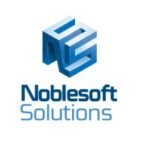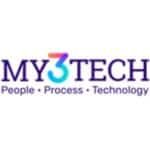Job Description
About us
ConglomerateIT is a certified and a pioneer in providing premium end-to-end Global Workforce Solutions and IT Services to diverse clients across various domains. Visit us at http://www.conglomerateit.comConglomerateIT
ConglomerateIT mission is to establish global cross culture human connections that further the careers of our employees and strengthen the businesses of our clients. We are driven to use the power of global network to connect business with the right people without bias. We provide Global Workforce Solutions with affability.
ABOUT THE JOB
Role: OKTA Engineer
Location: Dallas, TX or Auburn Hills, MI
Job Type: Contract
Work Authorization: USC, GC, EAD, H1B (Transfer)
Taxation: 1099/W2
Roles and responsibilities / What You’ll Do:
* Design, implement, and manage advanced Identity and Access Management (IAM) solutions, focusing on workforce authentication and authorization through Okta.
* Assess and recommend tools, technologies, and best practices to enhance workforce identity security and management.
* Troubleshoot and resolve complex identity management issues, ensuring seamless functionality and integration of authentication systems.
* Collaborate with IT teams to integrate workforce identity solutions across various enterprise platforms and applications.
* Develop and maintain comprehensive documentation, including system architecture, workflows, and user manuals for all Okta-related implementations.
Required Qualifications / What We’re Looking For:
* 5 to 6 years of hands-on experience in designing, deploying, and managing enterprise-level workforce identity solutions, particularly with Okta.
* Strong understanding of security frameworks like authentication, authorization, SAML, OIDC, and core identity management principles.
* Expertise in identity federation, Single Sign-On (SSO), Multi-Factor Authentication (MFA), and related verification technologies.
* Extensive experience with directory services such as Active Directory, LDAP, or other enterprise-level identity management systems.






